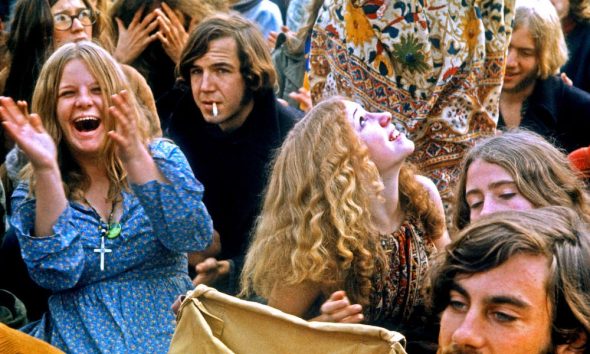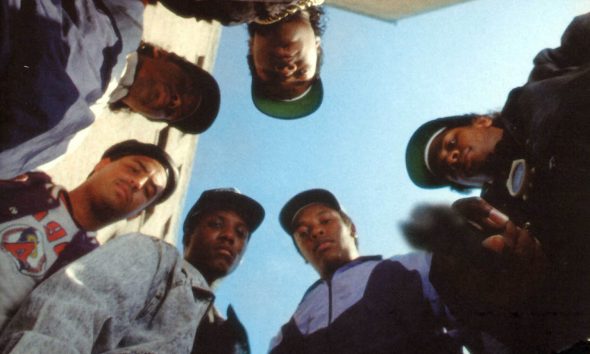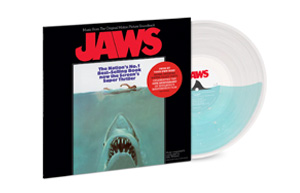Death Of Stones, Yardbirds Mentor Giorgio Gomelsky

Giorgio Gomelsky, the impresario, manager and writer-producer who was a key figure in the early careers of the Rolling Stones, the Yardbirds, Soft Machine and others, died on Wednesday (13 January) at the age of 82. He had been suffering from cancer.
After first working in London with the British Jazz Federation and later Marquee Club founder Harold Pendleton, the Georgia-born Gomelsky became the owner of the Crawdaddy Club when the Stones were effectively its resident band. He also got the band gigs at the Marquee and their famed early bolthole of the Station Hotel in Richmond.
Gomelsky was “a very important person in the whole set-up,” remembered Keith Richards in his Life autobiography. “A Russian emigré, a great bear of a man, with incredible drive and enthusiasm.” But, he added, “Brian [Jones] led Giorgio to believe that he was the de facto manager of something that we didn’t think needed managing. He did amazing things, put us up, got us gigs, but there was nothing more to promise at the time.”
Described by Johnny Rogan in his book Starmakers and Svengalis as the Stones’ “founding father,” Gomelsky was overturned by the group in favour of Andrew Loog Oldham, and instead went on to become manager of the Eric Clapton-era Yardbirds. He founded the Marmalade label in 1967, working with future 10cc members Graham Gouldman, Kevin Godley and Lol Creme.
Other artists with whom he was involved in either management or production in the mid-to-late 1960s included Jeff Beck, Julie Driscoll, Brian Auger, Rod Stewart and Soft Machine. Moving into progressive rock and by now basing himself in France, he produced Gong‘s Flying Teapot album of 1973 and oversaw the Angel’s Egg follow-up the same year. From 1978 onwards, he was based in New York, where he championed many new artists into the new century.
Gomelsky’s death marks the loss of another original of the 1960s music scene. As Rogan described him: “[He] was a tempestuous character renowned for his erratic brilliance as a producer, but somewhat less concerned with the complications of management.”














